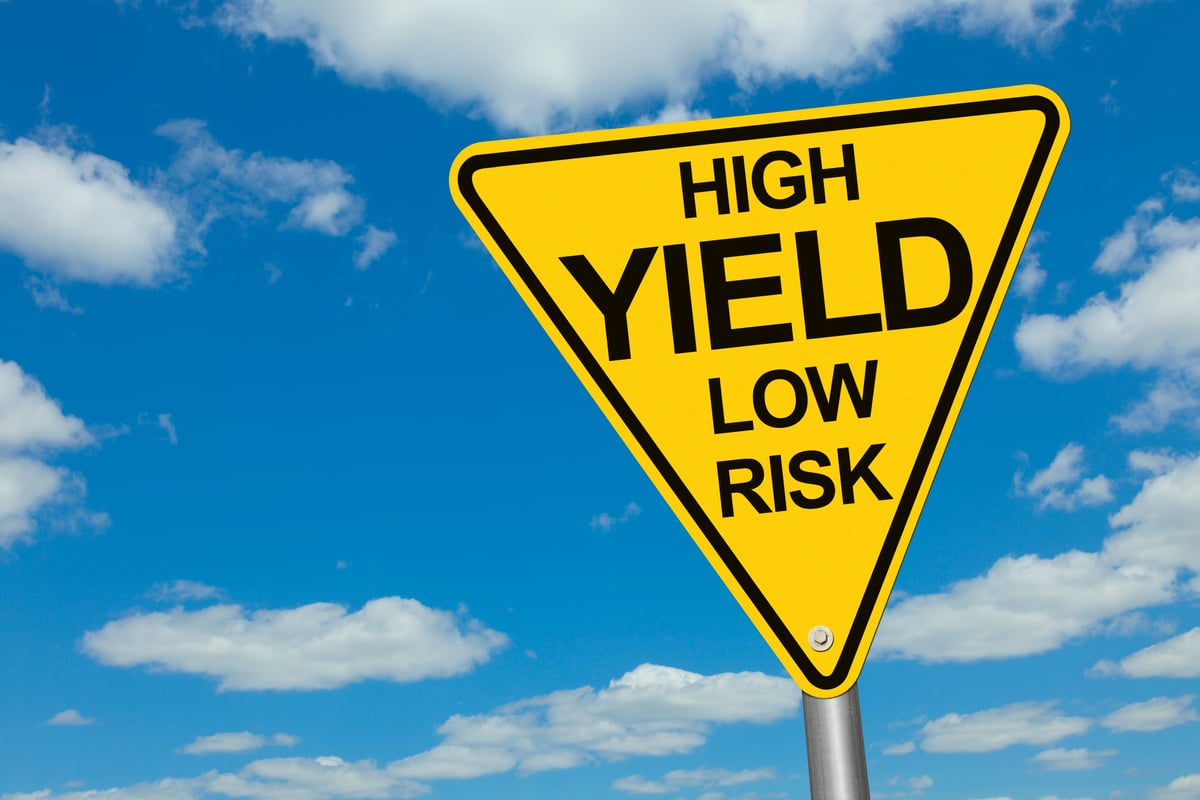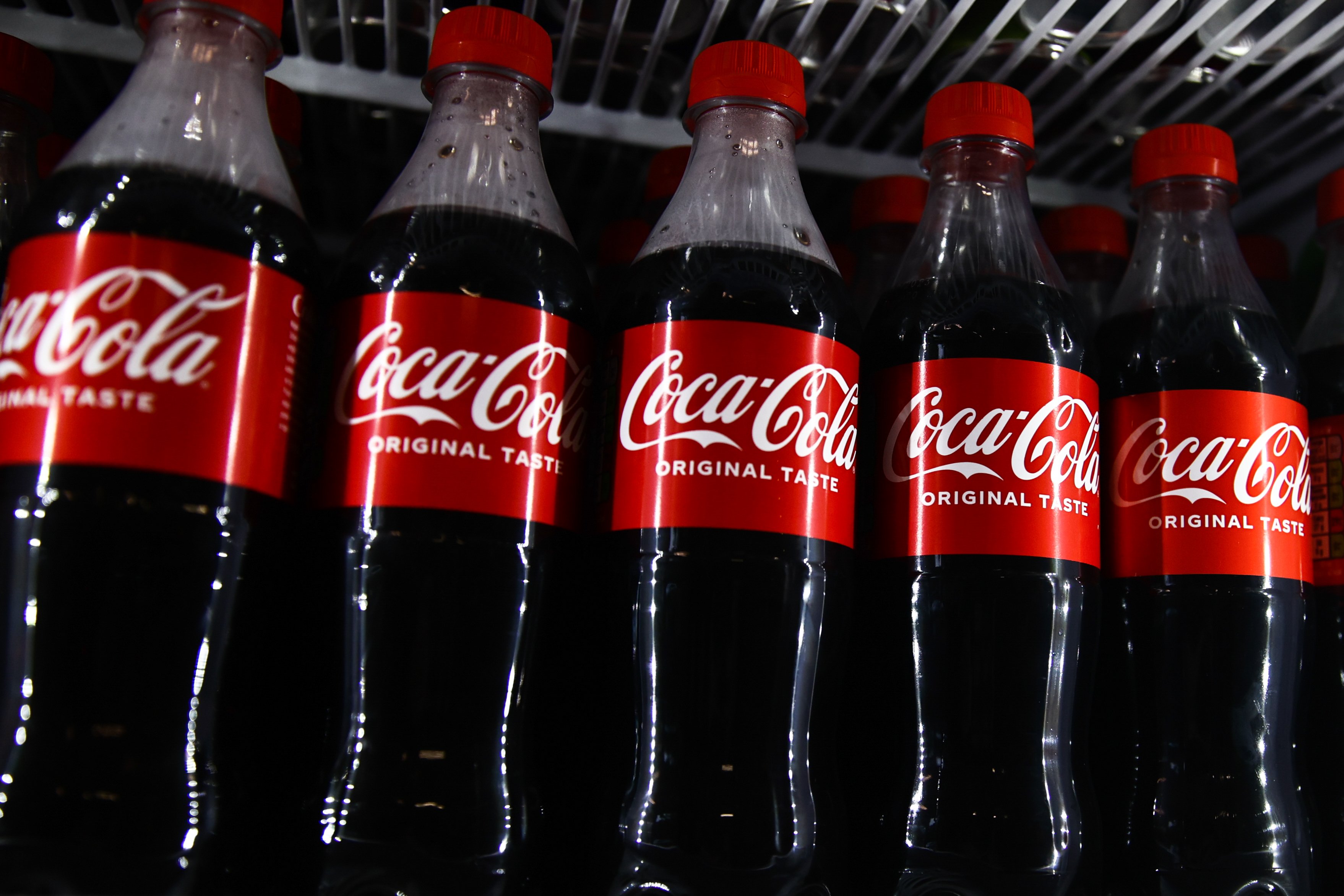Coca-Cola (KO 1.13%), the world's largest beverage company, is often considered an evergreen stock for patient investors. Over the past 40 years, it generated a total return of 3,260% after including its reinvested dividends.
But as most investors should know by now, past performance never guarantees future gains. So let's take a fresh look at Coca-Cola, why it generates such consistent growth, and if it's still a dependable long-term buy.

Image source: Getty Images.
Coca-Cola's core strengths
Coca-Cola might seem like a shaky investment as soda consumption rates decline worldwide, but it's diversified its portfolio with more brands of bottled water, tea, fruit juices, sports drinks, energy drinks, coffee, and even alcoholic beverages to offset that pressure. It also refreshed its flagship sodas with new flavors, sugar-free versions, and smaller serving sizes to attract younger consumers.
Coca-Cola only sells the concentrates and syrups for its drinks, while its bottling partners produce and sell the finished products. That capital-light business model helps Coca-Cola generate consistent profits and insulates it from inflation and other regional macro challenges.
From 1984 to 2024, Coca-Cola grew its revenue and split-adjusted EPS at a CAGR of 5% and 6%, respectively. It achieved that stable growth through five globally recognized recessions. It's also a Dividend King which has raised its dividend annually for 63 consecutive years. Its forward yield of 2.9% might seem low compared to the 10-Year Treasury's 4.3% yield, but it should become more appealing if interest rates continue to decline over the next few years.

NYSE: KO
Key Data Points
From 2024 to 2027, analysts expect Coca-Cola's revenue and EPS to grow at a CAGR of 5% and 11%, respectively. That growth should be driven by its rapid expansion in India and Latin America with new brands, robust sales of its wellness-oriented brands (including Fairlife milk, Simply prebiotic soda, and its sugar-free sodas); more strategic acquisitions, fresh variations of its classic brands, and operating efficiencies from its AI-driven product development, analytics, pricing, and marketing tools.
The company should also continue to optimize its supply chain, refranchise its bottlers, and prune its weaker brands. At $71 per share, Coca-Cola still looks reasonably valued at 24 times its forward adjusted earnings -- and it should remain a safe stock to hold during both bull and bear markets.
Coca-Cola's core weaknesses
However, investors shouldn't gloss over Coca-Cola's weaknesses. First, its growth is cooling in developed markets like the U.S. and Europe, where it faces tougher competition from newer, healthier, and private label beverages. It needs to counter that slowdown by ramping up its investments in its higher-growth emerging markets -- but inflation, currency devaluation, political turmoil, undeveloped supply chains and logistics networks, and other unpredictable challenges could disrupt those plans.
The ongoing trade wars and elevated tariffs -- especially on the aluminum used in its cans -- could also drive its bottlers to raise their prices. If those price hikes coincide with a recession and weaker consumer spending, its shipments and margins could decline.
Coca-Cola also doesn't look like a bargain compared to PepsiCo (PEP 0.91%), which trades at just 17 times forward earnings and pays a much higher forward dividend yield of 4.3%. PepsiCo currently faces some problems in its packaged foods divisions (a market Coca-Cola hasn't entered), but PepsiCo could eventually overcome those issues and attract more income-oriented investors with its lower valuation and higher yield.
Lastly, Coca-Cola has consistently underperformed the S&P 500, which generated a total return of 3,460% over the past 40 years. Even if you reduce that timeframe to 30, 20, and 10 years, the S&P 500 still beats Coca-Cola. That's probably because Coca-Cola's stock -- like other defensive blue chip stocks -- generally loses its luster during bull markets as investors rotate toward riskier and higher-growth plays. Meanwhile, the S&P 500 has generated an average annual return of more than 10% since its inception in 1957.
So is Coca-Cola a good long-term buy?
I believe Coca-Cola's evergreen brands, scale and diversification, stable profits, and rising dividends make it a reliable long-term investment. But shouldn't be your only stock, since it tends to underperform the S&P 500 over the long term. Instead, it can serve as a safe income-generating anchor in a diversified portfolio with other higher-growth plays.






